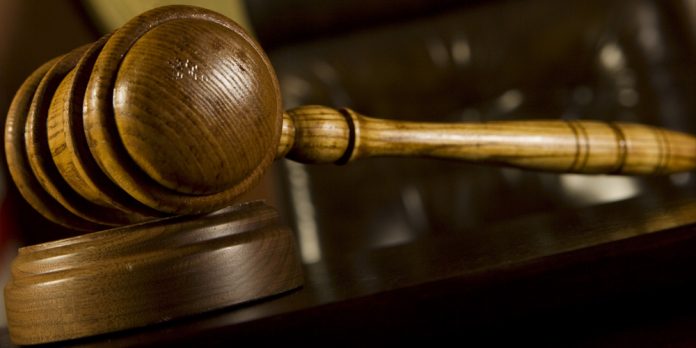Kehar Singh and Anr. Etc vs.Union of India And Anr.
Bench: R.S. Pathak, (CJ), E.S. Venkataramiah, Rangnath Misra, M.N. Venkatachalliah, N.D. Ojha.
Judges: 5
Citation: 1989 AIR 653; 1988 SCR Supl. (3)1102Section and the Act: Article 72 of the Constitution of India.
Facts of case:
- Kehar Singh was convicted of an offence under section 120-Bread with section 302 of the Indian Penal Code in connection with the assassination of Smt. Indira Gandhi, and was sentenced to death by the learned Additional Sessions Judge, New Delhi.
- His appeal was dismissed by the High Court of Delhi, special leave to this Court, and later a writ petition was also dismissed by this Court.
- His son, Rajinder Singh, presented petition to the President of India for the granting pardon to Kehar Singh under 72of the Constitution.
- Counsel for Kehar Singh wrote to the President requesting an opportunity to present the case before him and for the grant of a hearing in the matter.
- The President rejected the petition under 72, and on 24 November, 1988 Kehar Singh was informed of the rejection of the petition.
- The next day, 1 December, 1988 be filed a petition in the High Court of Delhi praying for an order restraining, the respondents from executing the sentence of death, and on the afternoon of the same day the High Court dismissed the petition. Subsequently field Special Leave Petition in this Court .During the preliminary hearing late in the afternoon of the same day 1 December, 1988 this Court decided to entertain the writ petition and made an order directing that the execution of Kehar Singh should not be carried out meanwhile.
Issue:
- Whether there is justification for the view that when exercising his powers under 72, the President is precluded from entering into the merits of a case decided finally by the Supreme Court.
- Whether the order of the President can be subjected to judicial review.
- Whether guidelines need be laid down and the convict seeking relief has no right to insist on oral hearing before the President.
Judgement:
- Pardoning power is a constitutional responsibility of great significance, to be exercised when occasion arises in accordance with the discretion contemplated by the context. The power to pardon rests on the advice tendered by the Executive to the President, who subject to the provisions of 74(1) of the Constitution must act in accordance with such advice.
- The President’s order shall not be subjected to a judicial review on its merits except within the strict limitations. It is within the scope of the power of the court and the function to determine whether an act of a constitutional or statutory functionary falls within the constitutional or legislative conferment of power.
- The condemned person has no right to insist on an oral hearing before the President. Also, it is solely the discretion of the President.
- Specific guidelines need not be spelled out for regulating the exercise of the power by the President. Indeed, it impossible to lay down any precise, clearly defined guidelines, since the power under Article 72 is of the widest amplitude.





